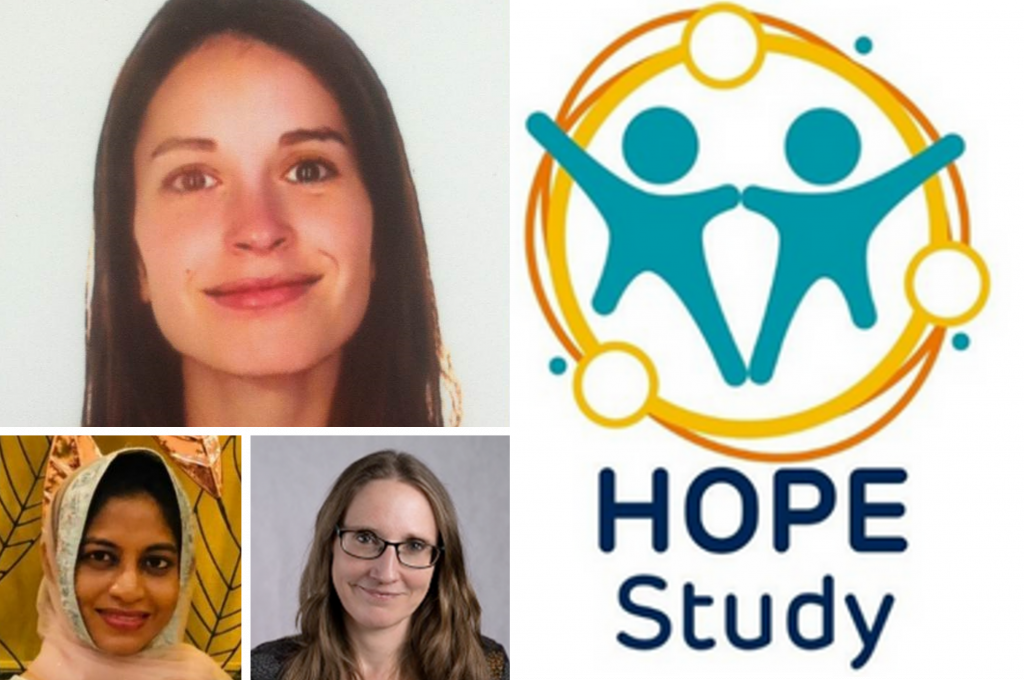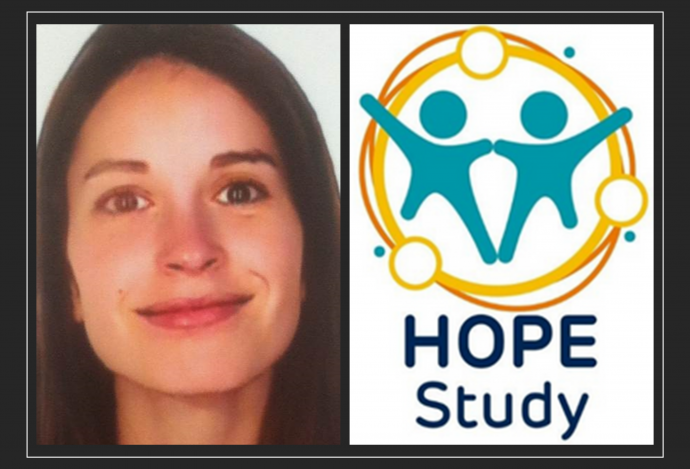Can you support research on SEND provision and health outcomes for children and young people needing support?
Hughes Hall Research Associate, Dr Ariadna Albajara Saenz, told us about the HOPE study, a collaboration between Cambridge and UCL, funded by NIHR, and makes a plug for research participants.
The provision of support for children and young people with Special Educational Needs and Disability (SEND) has declined over the last decade, leading to rising levels of unmet need. The aim of the HOPE (Health Outcomes for young People throughout Education) Study is to investigate the impact of SEND provision on health and development outcomes of children and young people needing support in England.
The HOPE Study is a collaboration between the University of Cambridge and the University College London, funded by the National Institute for Health Research Programme for Applied Health Research (NIHR). The research team, based in Cambridge, includes Professor Tamsin Ford, Hughes Hall Fellow, Dr Kristine Black-Hawkins, Dr Jennifer Saxton, Dr Jacob Matthews, Isaac Winterburn, Dr Nazneen Nazeer, Hughes Hall Visiting Associate and Dr Ariadna Albajara Sáenz, Hughes Hall Research Associate.
Dr Albajara Saenz told us: “We will be able to provide comprehensive data on the provision of support for children with SEND at the Local Authority level, across the whole of England. Our goal is to investigate and map variations in who receives SEND provision, when, what type, for how long and how they experience this provision.”

Hughes Hall members of the HOPE Study research team: top, Dr Ariadna Albajara Saenz; bottom left, Dr Nazneen Nazeer; bottom right, Professor Tamsin Ford.
For this, the research team has launched three national surveys, for:
- children and young people with SEND
- parents/carers of children and young people with SEND
- SEND professionals working in education, health services, and Local Authorities.
These surveys will gather experiences of SEND provision and evaluate how these vary across England.
“Of course, the outcomes are key – our findings will inform policy makers, service providers and families of children and young people with SEND to make evidence-based decisions to improve support and, ultimately, the health and wellbeing of the young people involved” said Dr Albajara Saenz.
If you or someone you know are eligible to participate, the research team would be grateful for your help. To complete a survey, please click here https://redcap.link/HOPEsurvey and if you would like to find out more please email: hope21@medschl.cam.ac.uk.
Further information
You can find more information on the study at the following link: https://dev.psychiatry.cam.ac.uk/hope-study-health-outcomes-for-young-people-throughout-education/
You can also follow the study updates and announcements on our Twitter account: https://twitter.com/HOPEStudy
27.7.22





